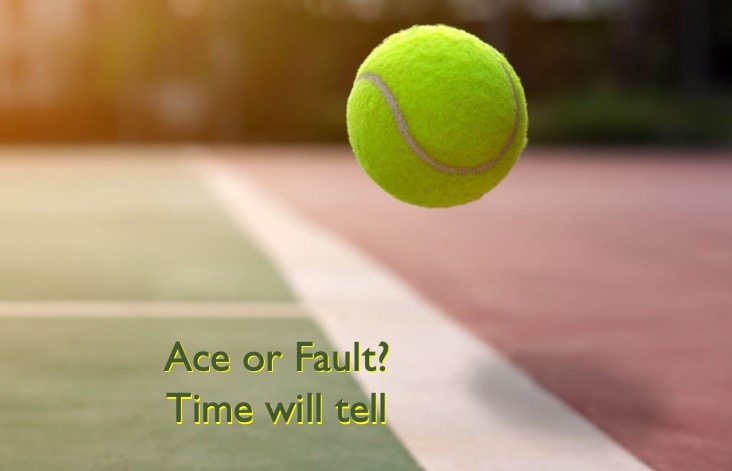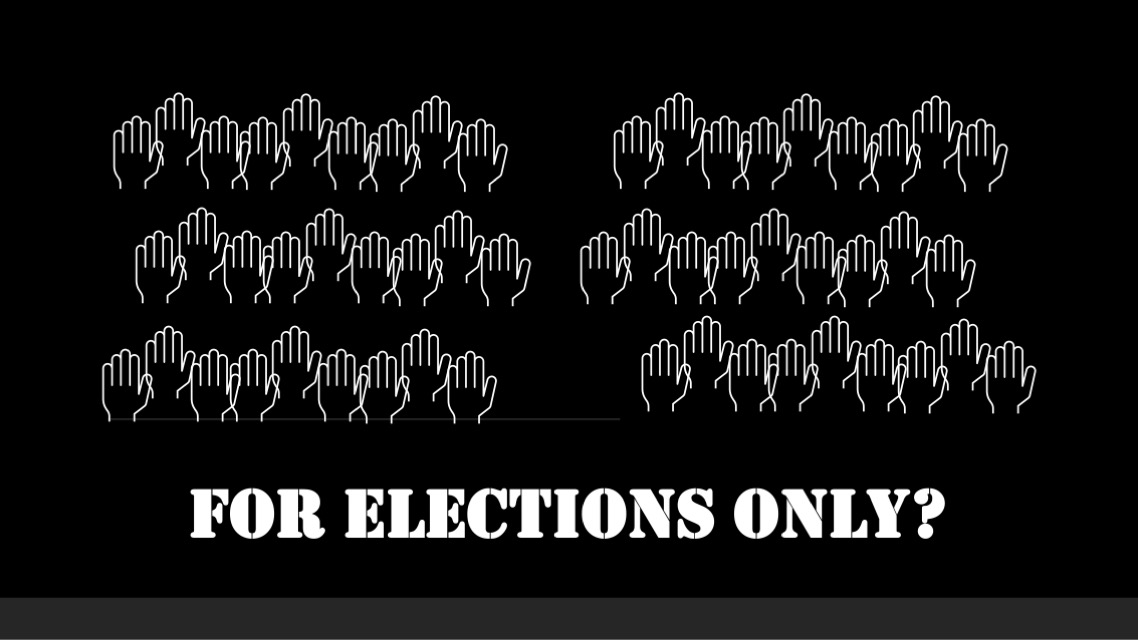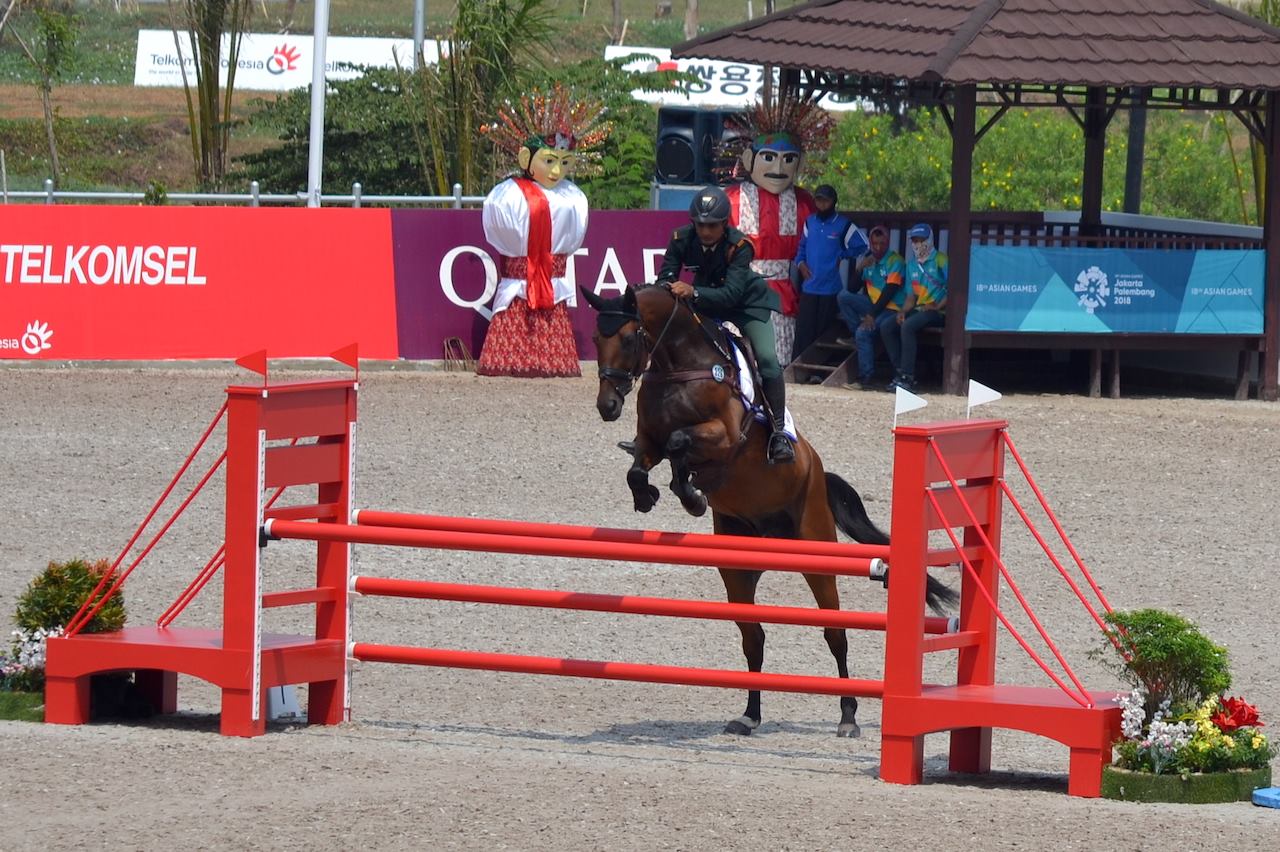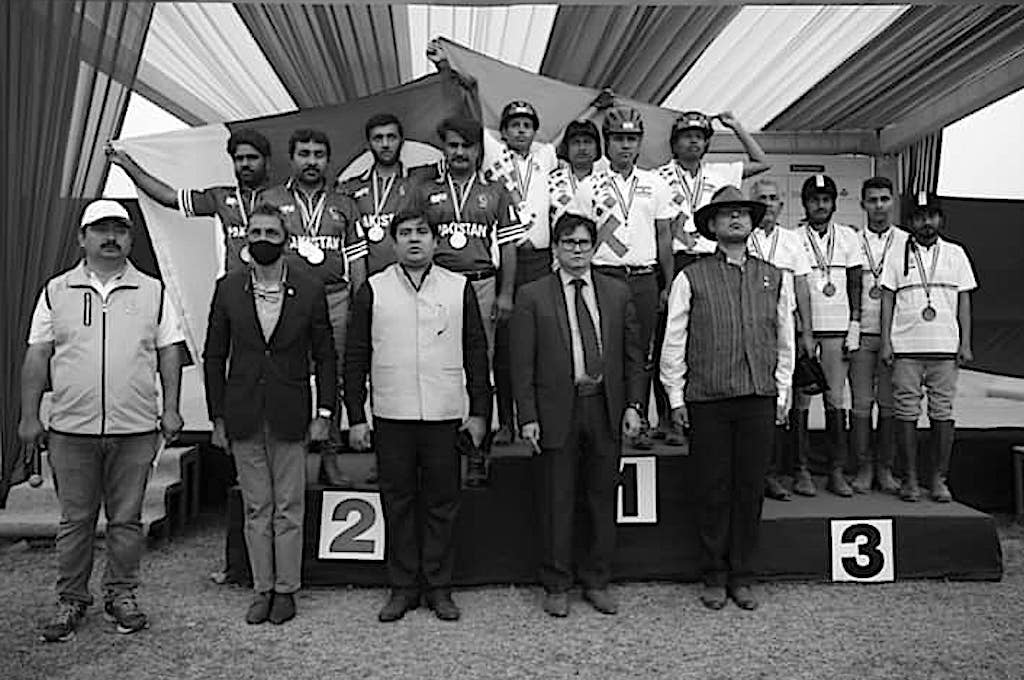These are strained relationships and cannot be totally snapped. Naomi Osaka’s withdrawal from the French Open, ostensibly to let the focus be back on the tennis in Paris, after a storm raged around her ‘No-press’ announcement ahead of the Grand Slam event, has served to train the spotlight on the tenuous nature of the relationship between media and elite athletes.
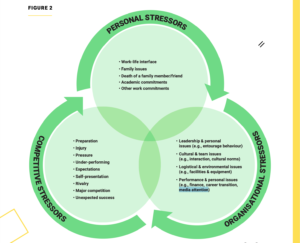
has a reference to media attention being a stressor
Before another word is said, it will be right to declare that the mental health of an athlete (and everyone else in the sports ecosystem, including media persons and fans) is of paramount importance. There can be no arguments about that. Not for nothing has the International Olympic Committee come up with a Toolkit on Mental Health for Elite Athletes.
There are many dimensions to any development, and we must resist the temptation to use the event playing out in Paris and beyond as a trigger to diss either athletes or media. Such questions are rarely answered in a yes or a no but are found in different shades of grey at different times. It is not necessary that either one is right all the time.
No, one is not attempting to be a cat-on-the-wall here. Instead, one is only trying to get everyone to understand different perspectives and accept them, even when not in agreement. It is human nature to disagree but that should not prevent mutual respect from finding solutions that are acceptable to all with the larger picture in view before arriving at conclusions.
Let us consider two posts on Naomi Osaka’s Twitter account.
“I’ve often felt that people have no regard for athletes’ mental health and this rings very true whenever I see a press conference or partake in one. We’ve often sat there and asked questions that we’ve been asked multiple times before or asked questions that bring doubts into our minds and I’m just not going to subject myself to people that doubt me,” she tweeted on May 27, 2021.
It would have been ideal if the player concerned raised the issue with the Women’s Tennis Association Tour and then with the Grand Slam organisers before making a social media post. There is a fundamental problem when, instead of flagging a mental health issue with the organisers of events, an athlete should unilaterally decide to skip scheduled media interactions.
Then, after she got fined by the French Open for not attending the media interaction after the first round, she made a post on May 31 announcing her withdrawal. This time around, she was more complimentary about the media, speaking more about her own bouts of depression since the US Open 2018 and waves of anxiety before fronting the media.
Between these two posts on Twitter, the whole world rushed to criticise the media or, in some instances, the player. It was almost as if everyone was forced to take a stance, lest one were branded as uncaring of athletes’ mental health and being part of a lynchmob or as being critical of a player who looked for a way out of a tournament where she had not got past the third round in three starts.
Just as a tennis player develops a consistent and effective backhand to, for instance, complement an aggressive forehand, he or she needs to get used to the idea of addressing the media often. It will be a good subject for research by students of mental health if answering the same questions again and again present challenges to an athlete’s mental well-being.
However, it is only fair that athletes expect each of their interactions with the media to be professional to the core. It entails that the media persons asking questions of elite athletes are mindful of this requirement by the central stakeholder in the ecosystem. Of course, the media will always point out that it should not be mistaken for being the cheerleader.
Then again, players have used media interactions to play the psychological game against their opponents. In his book, A Champion’s Mind, Pete Sampras writes about an incident around Canadian-born British player, Greg Rusedski telling the media that he was no longer the player as in the past and was a step slower. Sampras responded with “Greg’s issues have issues.”
To be sure, Sampras also points out that the issue of his retirement surfaced in every press conference. “I don’t think the media should ever press a player on the retirement issue, at least not when he is struggling. It’s almost an insult. Such fishing expeditions cost a reporter nothing, but they can exact a toll on a player,” he writes.
Closer home, a certain Sachin Tendulkar and a certain Mahendra Singh Dhoni faced this question countless times, but I do not remember either of them losing their cool. “Retirement? I am not interested in the question,” Tendulkar said as early as in 2006. He soldiered on for seven years, focusing on his job – and letting the media stick to its job.
In 2016, Dhoni famously called an Australian questioner at a media interaction to the head table and asked him to a series of questions to convince him that he did not need to consider retirement. The Indian captain was left wishing that it was an Indian reporter who had asked him that question.
Perhaps, we have digressed a bit from the key discussion on the evolving dynamics of athlete-media relationships. Time was when print media was the primary source of information but now, with streaming and broadcasting taking live action to millions of homes, other forms are media are perforce challenged to include bytes from structured interactions in their dispatches.
It will help the athletes immensely if coaches, agents (where applicable), Clubs, National Sports Federations and National Olympic Committees, Non-Government organisations include some amount of training for media interactions in the formative years so that anxiety does not become such a big factor when dealing with the press – and the same questions. (It will be heartening to know that IOA hosted a session for athletes before the Youth Olympic Games in 2018 and the Sports Authority of India has had more than a few sessions for elite athletes with sports journalists as part of its grooming programme).
While the athlete remains the hub around whom the sports ecosystem revolves, it cannot be forgotten that media plays a crucial role. There are lessons in the Osaka episode for everyone concerned and the sooner they pay heed to them and adapt, the better it will be the highest level of sport, which keeps the assembly line busy.
—-
We are what we repeatedly do. Excellence, then, is not an act, but a habit. Aristotle
